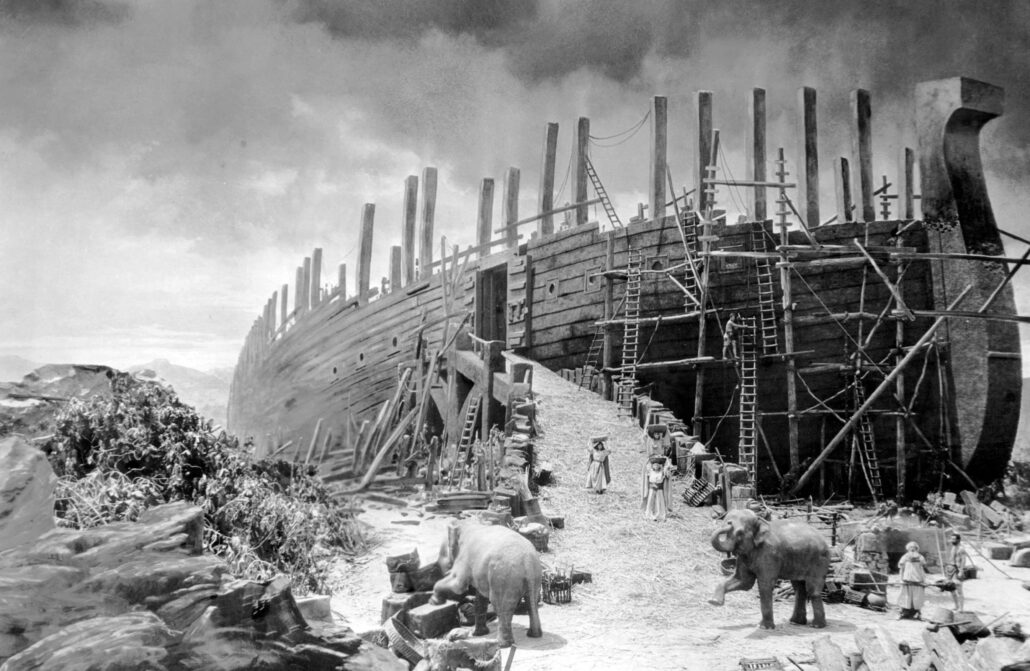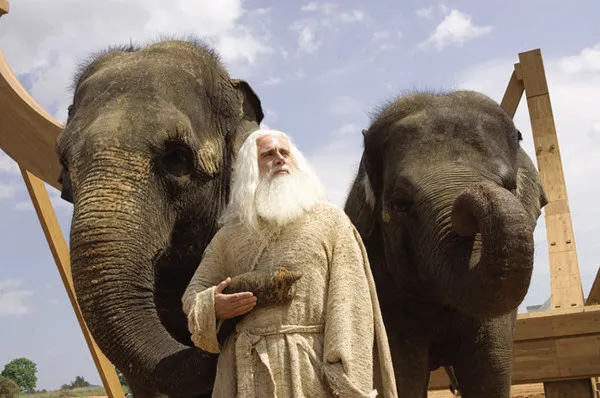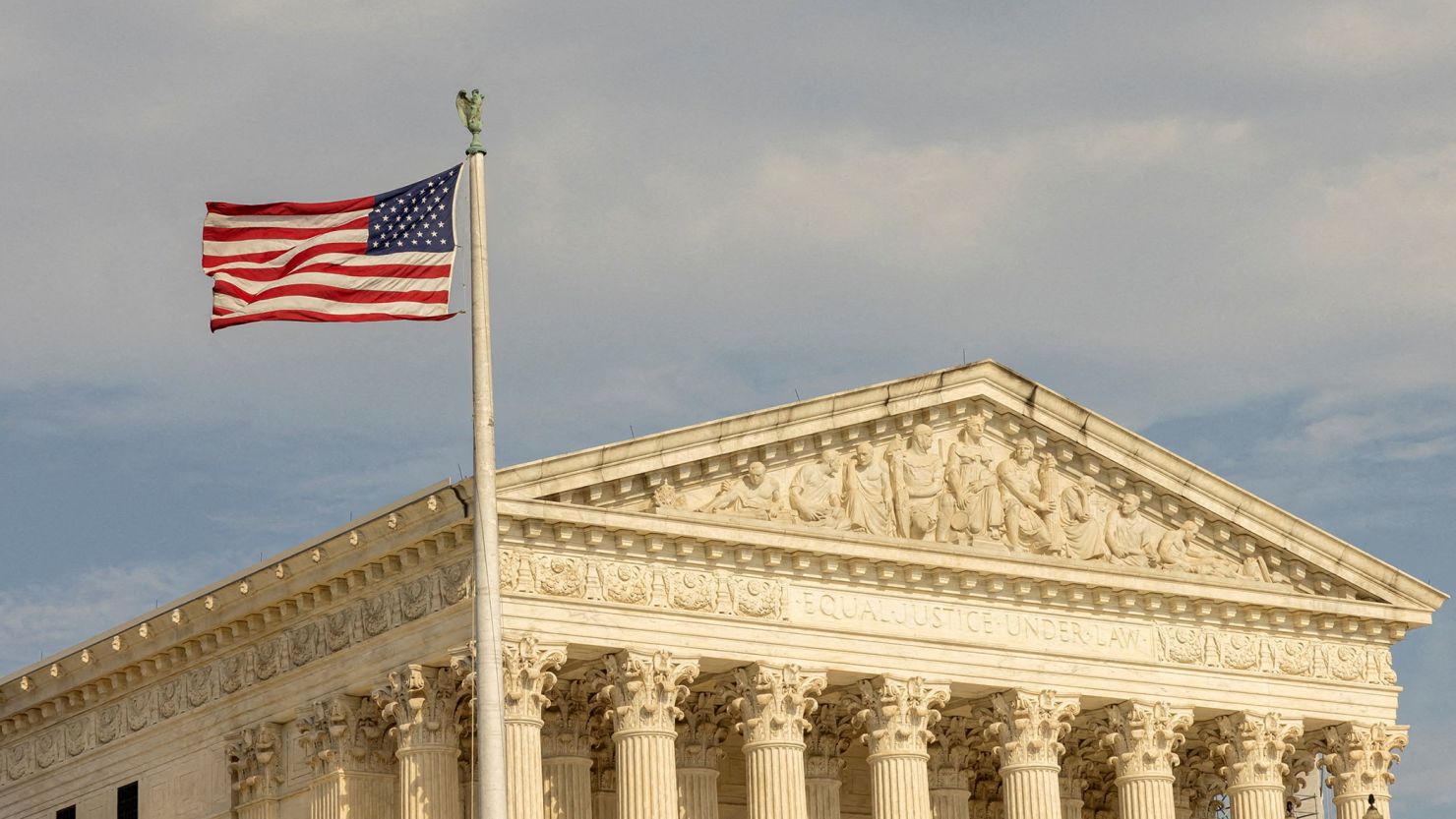When the flood came, Noah built an ark and saved his family. He was righteous, the Torah says, “in his generation.” But that qualifier has always haunted Jewish thought. Noah saved his own—but did not warn his neighbors, did not plead for humanity. Abraham, by contrast, argued with God to spare the wicked cities of Sodom and Gomorrah. Noah preserved; Abraham protested. In times of moral peril, we must decide which ancestor we emulate.
Today, many Jews are choosing the way of Noah. According to Business Insider, applications for Costa Rican passports have risen 660%, with similar spikes in other Latin American and Asian nations. Many wealthy American Jews are seeking a modern “ark.” Faced with rising antisemitism and political instability, they are looking for a haven in the tropics.
The impulse is understandable. Over the past decade, despotism and anti-Semitism have surged across the globe. Many of our grandparents and great-grandparents fled from Europe, Africa, and Asia to America for safety. More recently, we American Jews reassured ourselves that we were protected and that the “guardrails” against dangerous actors would hold. Yet, our faith in America is now shaken, and our safety is undeniably at risk. With those fears, many seek new passports.

Noah’s Ark
Jewish history is a chronicle of movement—Adam and Eve exiled from Eden, Noah afloat, and Abraham wandering toward the Promised Land. Since the destruction of the Second Temple, the Jewish people learned to survive by keeping a packed bag and an eye toward leaving. Think of the fate of Spain’s Jews. Time and again, Muslim and Christian rulers alike demanded that Jews convert or be exiled. Despite that history, Don Isaac Abravanel, the brilliant Jewish treasurer of Ferdinand and Isabella, tried to avert the expulsion of Spain’s Jews with reason and ransom. He failed, and in 1492, he fled to Italy.
Build a Movement, Not an Ark
Throughout history, Jewish leaders have not only dreamed of a better world but have also succeeded in changing it. These Jews did not build arks; they built movements. Theodore Herzl created modern Zionism to give Europe’s Jews a safe homeland. Natan Sharansky inspired the world from his jail cell as he demanded the right to emigrate from Russia to Israel.
Today, as antisemitism rises from both right and left, and democracy itself trembles, our temptation is to hunker down—to retreat from the shouting, to protect what’s ours. But self-preservation cannot be our highest calling. Waiting for reason to prevail in an age of rage is not a strategy—it is surrender.
Judaism asks us to do more. “Seek peace and pursue it,” teaches the Psalmist. Seeking is inner longing; pursuing is public action. We must strengthen our communal institutions, educate our children in pride and resilience, speak up in civic life, and forge alliances with other minorities who also fear exclusion. Our security will not come from new passports, but from renewed purpose.
Noah’s ark kept him afloat, but when the waters receded, the world was desolate. Abraham’s covenant, by contrast, birthed a people committed to justice. The question before us is not where to run, but what to repair. Will we be remembered for fleeing the flood—or for stopping it?
As the shofar calls us to awaken, may we choose to be Abrahams in an age of Noahs: to stand our ground, defend democracy, and act with courage before the waters rise again.
Rabbi Evan J. Krame
If this reflection resonates with you, consider sharing it on social media—or simply take a moment to reflect on how you can create a better community.





